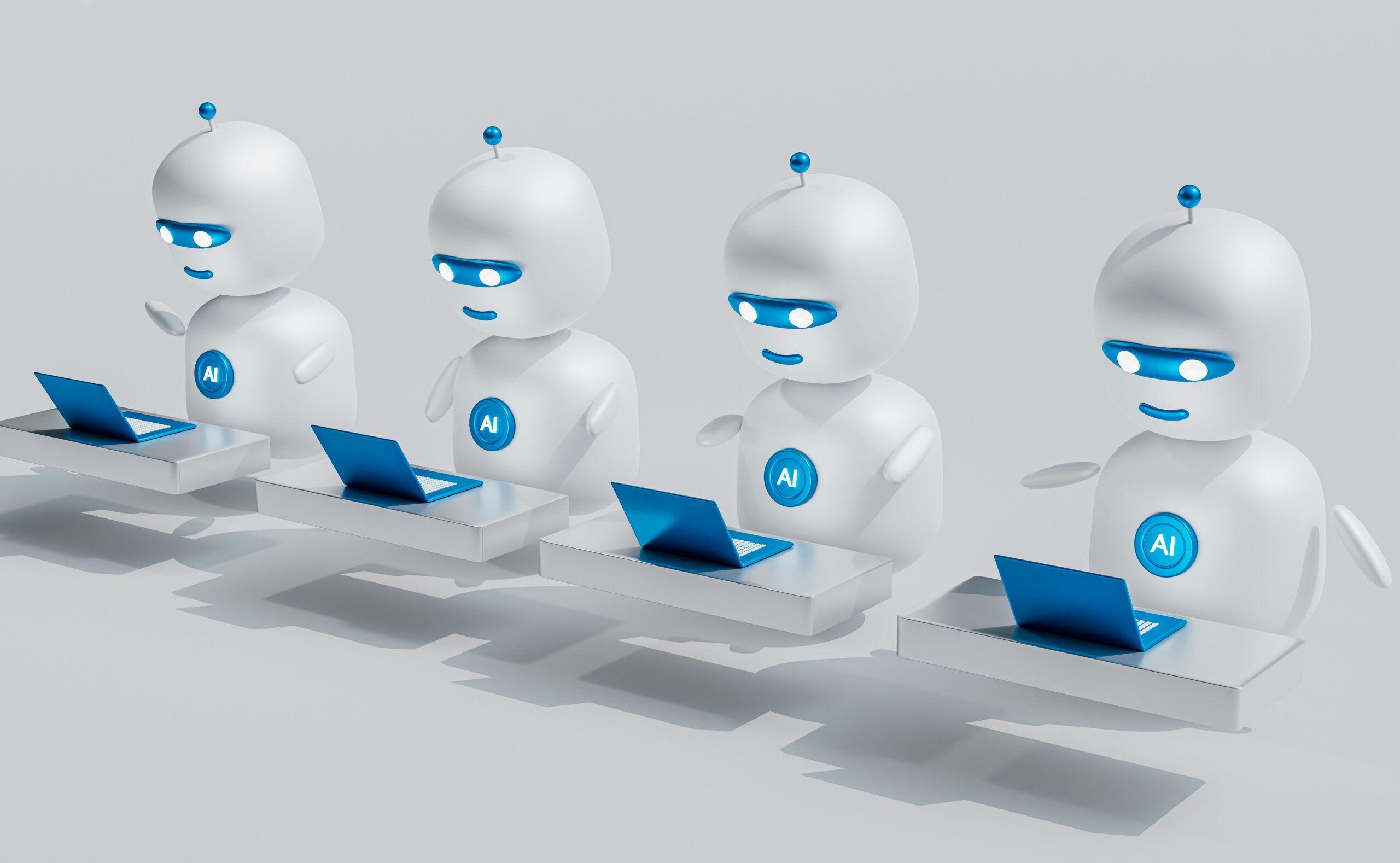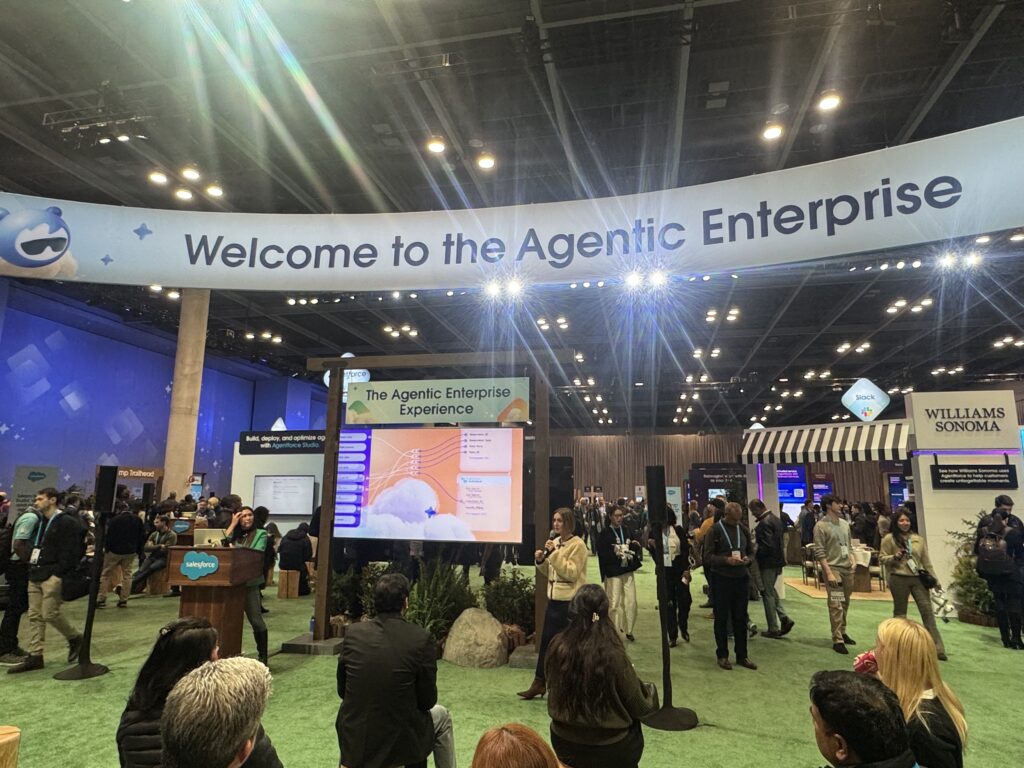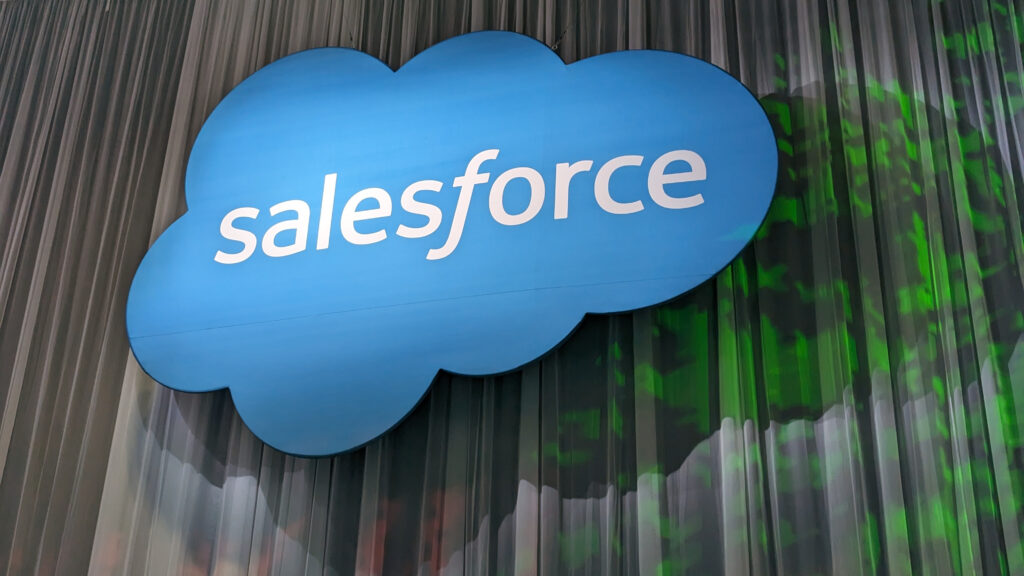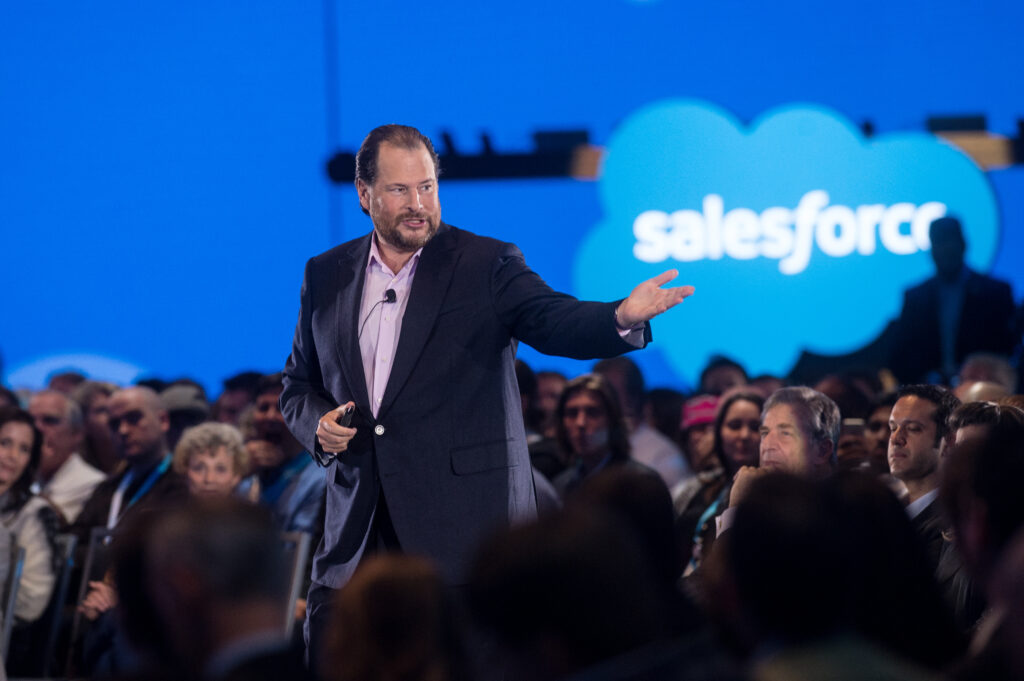It’s been a little over a year now since the GenAI chatbot boom around the world, namely due to the excitement caused by ChatGPT. Since then, we have seen dozens of bigger and medium-sized vendors investing in the technology and many users already adopting AI-powered chatbots today. The competition is not slowing down, with CRM-giant Salesforce releasing a GenAI chatbot software of its own, Einstein Service Agent.
Einstein Service Agent, built on the Einstein 1 Platform, is Salesforce’s first fully autonomous AI agent that interacts with large language models (LLMs) by analyzing the context of the customer’s message and determining the next actions. Using GenAI, the agent will be able to create conversational responses, “grounding its responses in a company’s trusted business data, including Salesforce CRM data.”
According to Salesforce, service organizations will now have the ability to significantly reduce the number of “tedious inquiries that bog down their productivity” and, instead, focus on tasks that would be best performed by a human. For customers, this means they get the answers they need much faster because they no longer need to wait for human agents. Additionally, the announcement promises 24/7 availability for customer communication in ‘natural language’ with a function of easy handoff to human agents in more complicated and high-touch customer issues.
The primary reason why businesses are now turning toward AI-based chatbots is that, unlike traditional chatbots, they don’t have to rely on specific queries that have been explicitly programmed into their system and have the ability to understand context or nuance.
Similarly to Salesforce, other tech leaders like AWS and Google Cloud also released their own versions of chatbots, i.e., Amazon Lex and Vertex AI, consistently enhancing and improving the software. For instance, recently AWS further updated its chatbot software by releasing QnAIntent capability in Amazon Lex, which allows customers to build chatbots and connect them to a knowledge base in Amazon Bedrock. Likewise, Google released a Vertex AI Agent Builder earlier this year, allowing organizations to build AI agents with no code that can be stitched together, with one agent functioning as the main agent and others as subagents.
One thing is clear: the AI arms race is not only far from being over, but is just at the beginning of its journey, with more and more vendors developing software to fulfill the demands of the market and customers. But what does this mean for users? Well, with AI taking over the majority of manual and tedious tasks, the primary difficulty is going to be in one area: choosing the right vendor for the needs and means of your business.




